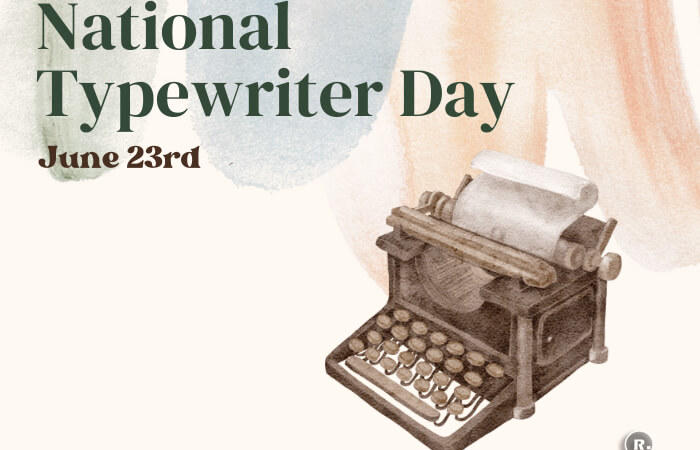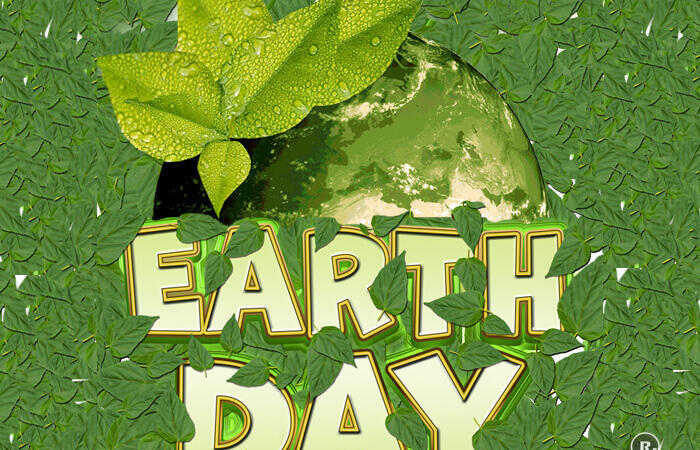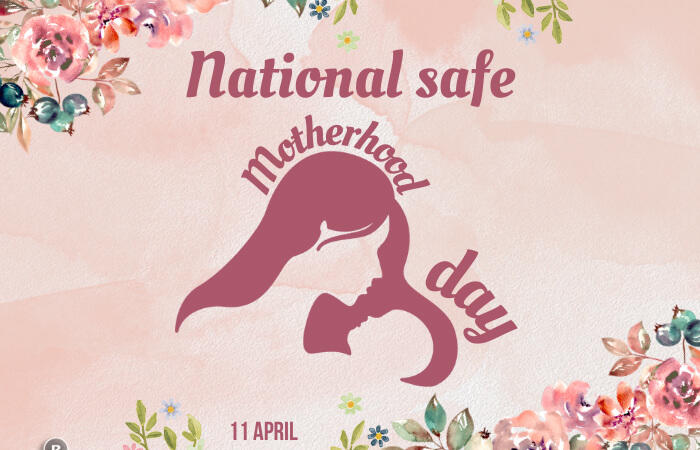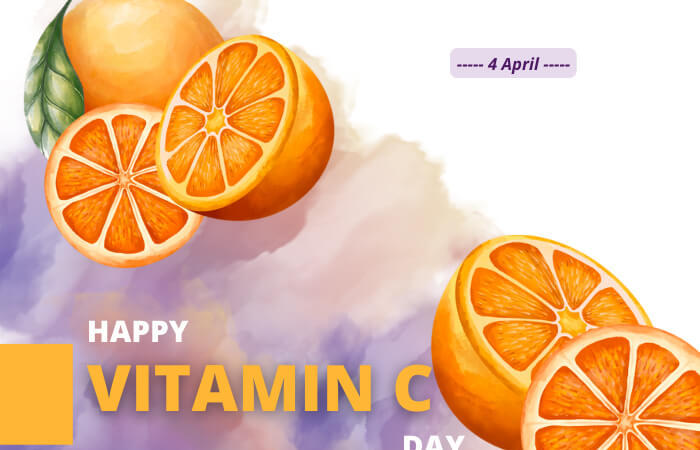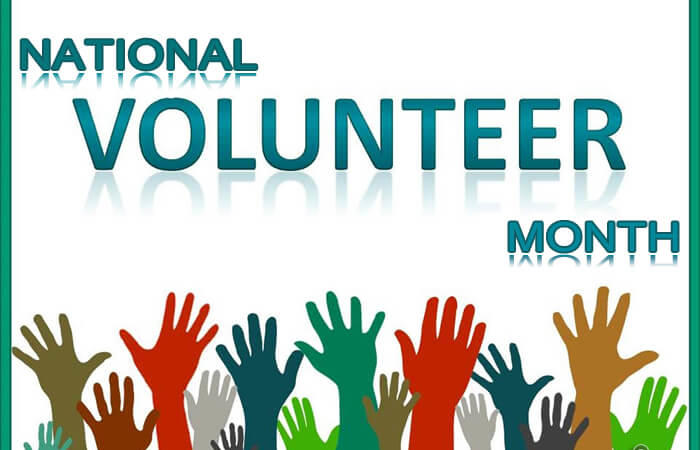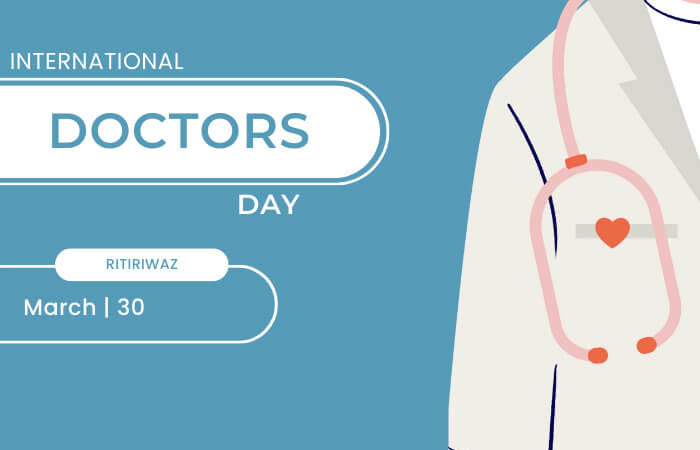Kalpana Chawla (March 17, 1962 – February 1, 2003)
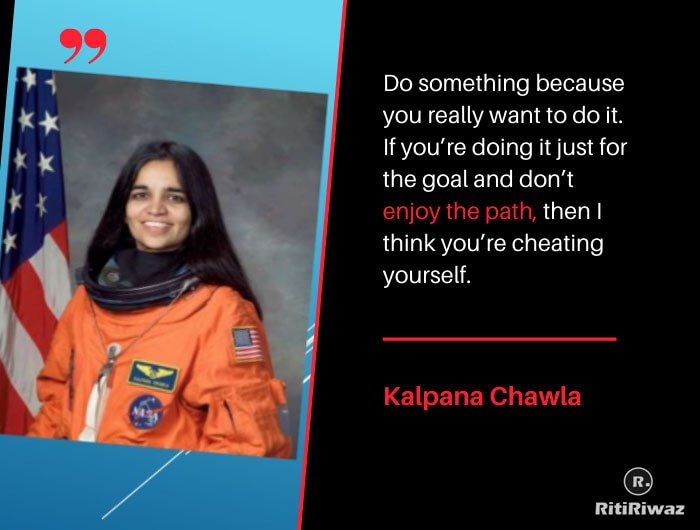
Kalpana Chawla was the first Indian women astronaut to reach space. She embarked on her first space mission aboard the space shuttle Columbia STS-87 mission on November 19th, 1997. She became a striking symbol of success and achievement to Indian youth by her extraordinary feat and made India proud.
Not only was Chawla the first Indian-born woman to fly in space, but also the second Indian to do so. She had become a symbol of aspiration for many Indian girls even long before her tragic death. She dared to dream differently from what one would have normally expected of her. She was a dreamer of seemingly impossible dreams.
Early Life
Kalpana was born on July 1st, 1961 in Model Town in Karnal in the state of Haryana to Benarasi Lal Chawla and Sanyogita Devi. Their original family home was in Sheikhopura in West Punjab now in Pakistan. However, after the partition, her parents moved to India. They first came to Amritsar and after trying their hands at several businesses there they moved to Karnal. At Karnal, the family began manufacturing rubber belts and tires.
Kalpana has a happy childhood, it is said that Kalpana used to watch the stars from the courtyard of her house and dream of reaching out to them. She never shied away from doing her own things and was always open to experimentation. Her cousin Veena Chawla said: “It was obvious from the start that the girls in the family had made up their mind that they would not follow the conventional path of getting married early and settling down.” They want a career for themselves, Kalpana being the youngest was fortunate as all the battles in the male domain were fought by elder sister Sunita.
Kalpana’s interest in flying was evident in her school days, she was fascinated by airplanes and preferred to make them in the crafts class. Kalpana had her schooling at Tagore Bal Niketan Secondary School at Karnal, Haryana. After getting a Bachelor of Engineering degree in Aeronautical Engineering from Punjab Engineering College, India, she moved to Texas, in the United States in 1982. She obtained a Master of Science degree in Aerospace Engineering from the University of Texas at Arlington (UTA) in 1984. She did her Ph.D. in aerospace engineering in 1988 from the University of Colorado Boulder.
Career
After her Ph.D., Kalpana was hired by MCAT Institute, San Jose, California, as a research scientist in 1988. She was appointed to support research in the area of powered lift at NASA Ames Research Centre, California. Following her successful tenure at the Ames, Kalpana joined in 1993, the Overset Methods Inc., in California as its Vide President and research scientist in charge of simulating various body functions for future space missions. NASA selected Kalpana as an astronaut candidate in 1994 and she joined the 15th group of astronauts in March 1995.
Kalpana’s first flight, the space shuttle Columbia STS-87 mission, was the eighth shuttle mission in 1997 and it was the 88th mission flown since the program began in 1981. Kalpana with her fellow trainees underwent rigorous training for 14 months at the Jhonson Space Centre in Houston, Texas. Kalpana’s responsibilities on her first voyage included operating the shuttle 50 feet long robotic arm to deploy and retrieve the free-flying Spartan satellite and orchestrating a six-hour space-walk by two of the crew members. After the completion of STS-87 post-flight activities, Chawla was assigned to technical positions in the astronaut office to work on the space station.
Her second space mission was in 2001 when she was selected to be part of the crew of STS-107. However, the mission was repeatedly delayed due to scheduling conflicts and technical problems, such as the July 2002 discovery of cracks in the shuttle engine flow liners. On January 16, 2003, Chawla finally returned to space aboard Space Shuttle Columbia on the ill-fated STS-107 mission.
Chawla was excited about her second trip and had sent an e-mail to a friend from space saying that having the chance at another trip was “like having a wonderful dream again.” Through the team’s rigorous training and daily lives, they were prepared for their adventure in space that took off on January 16 and was set to return on February 1. For 16 days, they worked on 80 experiments, conducting research in physical, life, and space sciences.
When Columbia re-entered the atmosphere of Earth, the damage in spacecraft allowed hot atmospheric gases to penetrate and destroy the internal wing structure, which caused the spacecraft to become unstable and break apart. Kalpana Chawla and her six STS-107 crewmates perished Feb. 1, 2003, over Texas as Columbia was re-entering Earth’s atmosphere en route to a landing at Kennedy Space Center, Florida.
She died as a hero and a role model for many young women, especially in India and particularly those in her hometown of Karnal where her life serves to encourage young people to follow in her footsteps. Kalpana Chawla had said in one of the interviews, “I am born in space and will die in space”.
She posthumously has been awarded the NASA Space Flight Medal, NASA Distinguished Service Medal, Defense Distinguished Service Medal (DDSM), Congressional Space Medal of Honor. On 5 February 2003, the Prime Minister of India announced that the meteorological series of satellites Met Sat, was to be renamed “Kalpana”. NASA has dedicated a supercomputer to Chawla. The University of Texas dedicated a Kalpana Chawla memorial at the Arlington College of Engineering in 2010.
Some Facts about Dr. Kalpana Chawla
-
First and only Indian-American in space (she was born in India and became a naturalized U.S. citizen).
-
Selected as an astronaut in 1994; first mission in 1997, this was her second mission.
-
U.S. doctorate & M.S. in aerospace engineering and B.S. in aeronautical engineering from India.
-
Second Indian in space, after Indian citizen Rakesh Sharma, who flew on a Soviet mission.
-
One of only a handful of Asian American astronauts and the only South Asian.
-
Married to Frenchman Jean-Pierre Harrison, a freelance flying instructor.
“Do something because you really want to do it. If you’re doing it just for the goal and don’t enjoy the path, then I think you’re cheating yourself.” – Kalpana Chawla
Suggested Read: The Changing Status Of Indian Women

